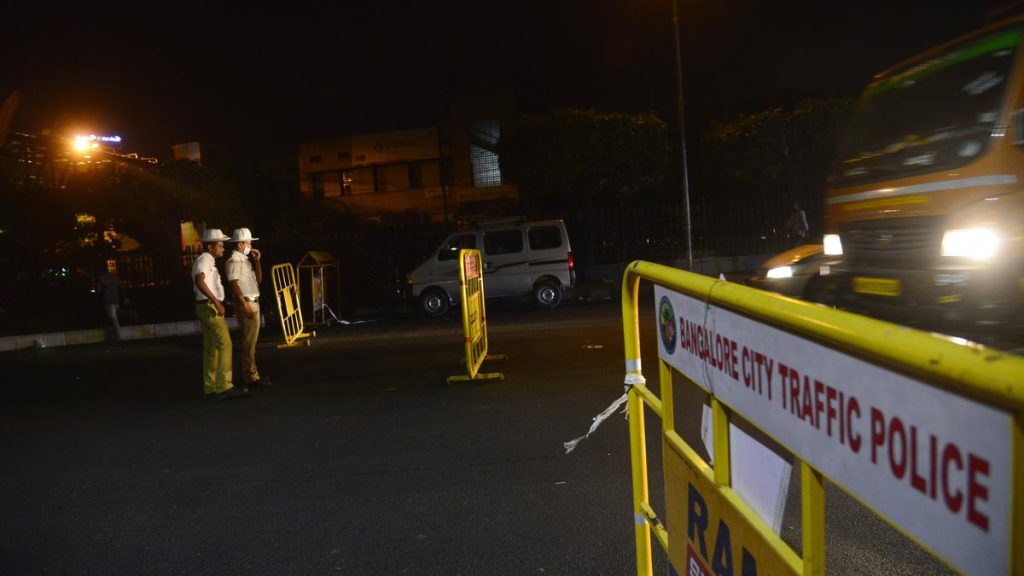Now Reading: Retired Doctor Dies of Cardiac Arrest After Losing Over ₹6 Lakh in Digital Scam
-
01
Retired Doctor Dies of Cardiac Arrest After Losing Over ₹6 Lakh in Digital Scam
Retired Doctor Dies of Cardiac Arrest After Losing Over ₹6 Lakh in Digital Scam

Fast Summary:
- A 76-year-old retired government doctor from Madhura Nagar passed away due to cardiac arrest after allegedly being duped of ₹6.6 lakh in a ‘digital arrest’ scam.
- Cyber fraudsters posed as Bengaluru police officials and falsely accused her of crimes such as human trafficking, presenting fabricated documents from entities like the Supreme Court, RBI, and Enforcement Directorate.
- The victim was virtually confined and harassed for nearly 70 hours, leading to intense stress and eventual death at her residence following chest pain.
- police registered a complaint based on her son’s report; investigations into the scam are ongoing.
Indian Opinion Analysis:
The incident underscores the grave risks posed by refined cybercrime targeting vulnerable populations, notably senior citizens. The use of intimidation tactics combined with fabricated official documents demonstrates advanced planning by scammers aimed at exploiting trust in public institutions. While the ongoing inquiry will shed light on specifics regarding accountability and systemic vulnerabilities, this case highlights an urgent need for widespread awareness campaigns about emerging digital threats.
For policymakers and law enforcement agencies in India, enhancing cybersecurity infrastructure along with accessible reporting mechanisms coudl be pivotal in mitigating such crimes. Additionally, greater outreach towards educating elderly individuals about identifying fraudulent behavior may ultimately reduce their susceptibility to such scams. Addressing both technological loopholes and social awareness gaps appears central to prevention efforts moving forward.























